April 16, 2025 | 18:49 GMT +7
April 16, 2025 | 18:49 GMT +7
Hotline: 0913.378.918
April 16, 2025 | 18:49 GMT +7
Hotline: 0913.378.918
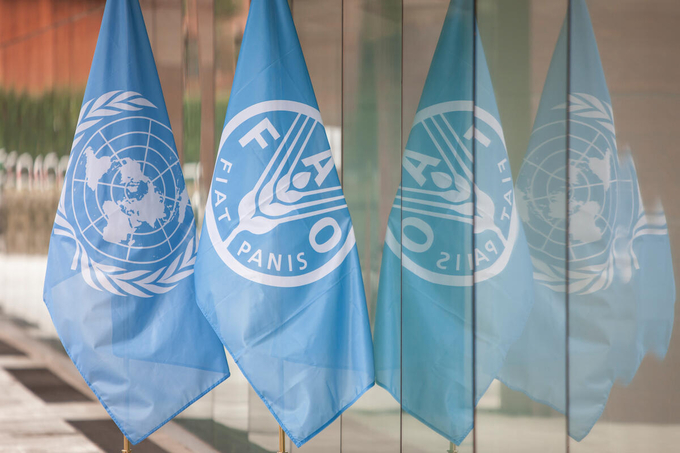
Flags at the entrance of the FAO Headquarters building.
The Food and Agriculture Organization of the United Nations (FAO) has welcomed a decision to hold at its headquarters in Rome, Italy the resumed sessions of the UN Biodiversity Conference, including the Sixteenth meeting of the Conference of the Parties (COP16) from 25 to 27 February 2025.
In October 2024, delegates from 196 countries met in Cali to discuss the state of implementation of the Kunming-Montreal Global Biodiversity Framework (KMGBF) and the global progress in conserving and sustainably using biodiversity.
At COP16, countries were able to adopt several key and monumental decisions, but a number of draft decisions were not considered by the final plenary and are therefore pending adoption. Hosting COP16 at FAO headquarters is a clear signal of the importance of mainstreaming biodiversity across all sectors through a comprehensive ‘whole-of-society’ and ‘whole-of-government’ approach.
FAO reiterates the particular importance of involving the agricultural sectors (crops, livestock, forestry fisheries, aquaculture), as agrifood systems play a critical role in achieving the global biodiversity goals and targets.
FAO Director-General QU Dongyu welcomed the opportunity to highlight how agrifood systems are a source of solutions to biodiversity loss and related challenges and stated that “Global agrifood systems depend on biodiversity, and biodiversity loss is a threat to agricultural productivity, impacting food availability, accessibility, and affordability, thereby undermining food security.
The resumed session of COP16 will be an important opportunity to strengthen the commitment to support and scale up sustainable and resilient agrifood systems through enabling policies and practices that reach rural and agricultural communities that depend on and are custodians of biodiversity.”
At COP16, FAO launched the Agri-NBSAPs Support Initiative, to provide targeted support to governments across agrifood sectors in order to accelerate the integration of agrifood solutions into biodiversity plans and their implementation and to achieve the KMGBF.
This Initiative responds to the requests from countries for targeted financial and technical support to promote sustainable use of biodiversity through agrifood sectors. It focuses on enhancing policy coherence, institutional capacity, and the adoption of biodiversity-friendly practices to achieve food security and sustainable agriculture, forestry, fisheries, and aquaculture systems.
FAO will continue to convey its message on the importance of better integrating biodiversity into agrifood sectors and agrifood solutions into biodiversity plans and actions to help countries achieve their biodiversity commitments through their National Biodiversity Strategies and Action Plans (NBSAPs).
(FAO)
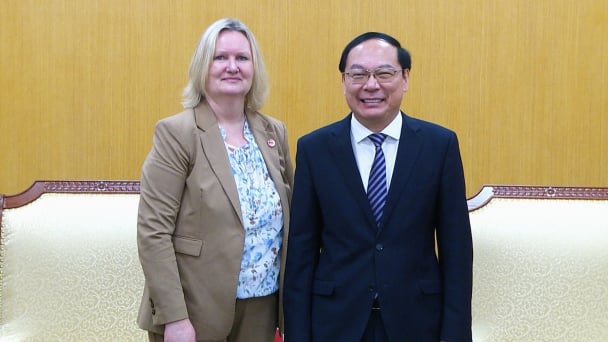
(VAN) On April 16, Vietnam Deputy Minister of Agriculture and Environment Le Cong Thanh welcomed and worked with State Secretary for Trade & Global Sustainability at the Danish Ministry of Foreign Affairs Lina Gandlose Hansen.

(VAN) Japan and Vietnam will strengthen their capacities in early disaster warning, resource circulation, and the effective, sustainable management of electronic waste.

(VAN) This was affirmed by the Director-General of the Global Green Growth Institute (GGGI) during a working session with Deputy Minister of Agriculture and Environment Le Cong Thanh.
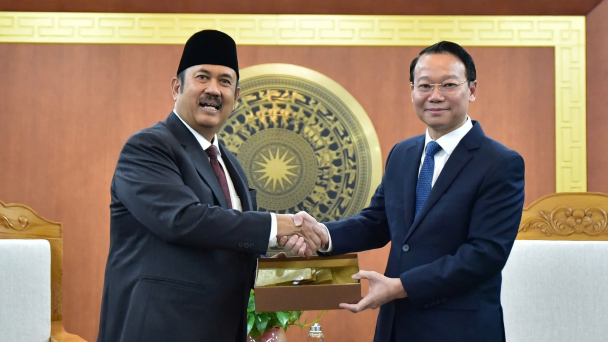
(VAN) On April 16, Minister of Agriculture and Environment of Vietnam Do Duc Duy received Minister of National Planning and Development of Indonesia Rachmat Pambudy.

(VAN) China’s Ministry of Ecology and Environment shares its journey of transitioning energy and monitoring air pollution to keep Beijing’s skies blue.
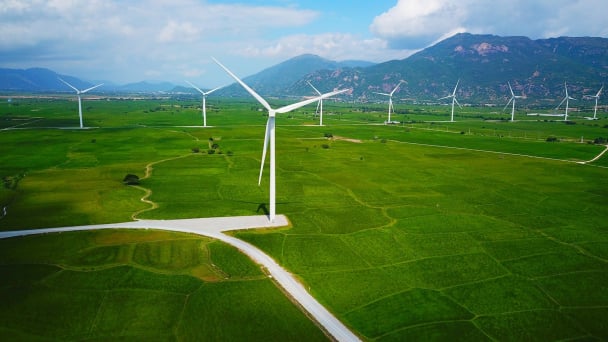
(VAN) The strategic directions of the Party and State are creating a favorable foundation to promote a wave of creative entrepreneurship in the fields of green technology.
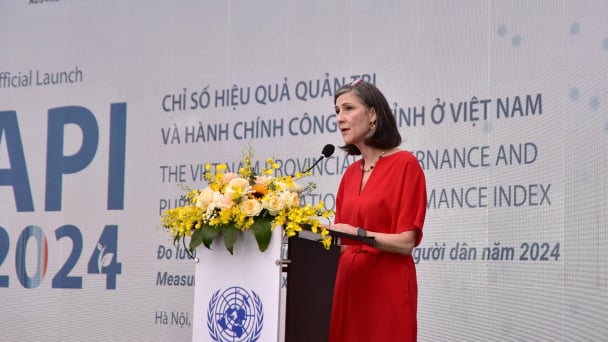
(VAN) The 2024 PAPI Index suggests an evidence-based roadmap aimed at enhancing public governance effectiveness with a citizen-centered approach.